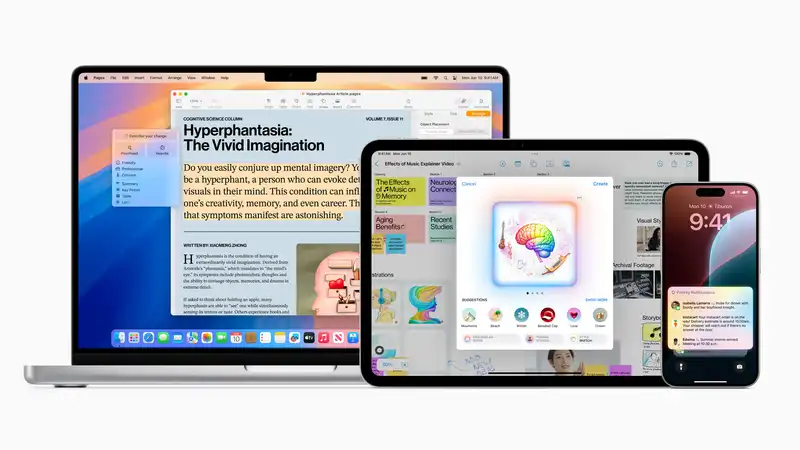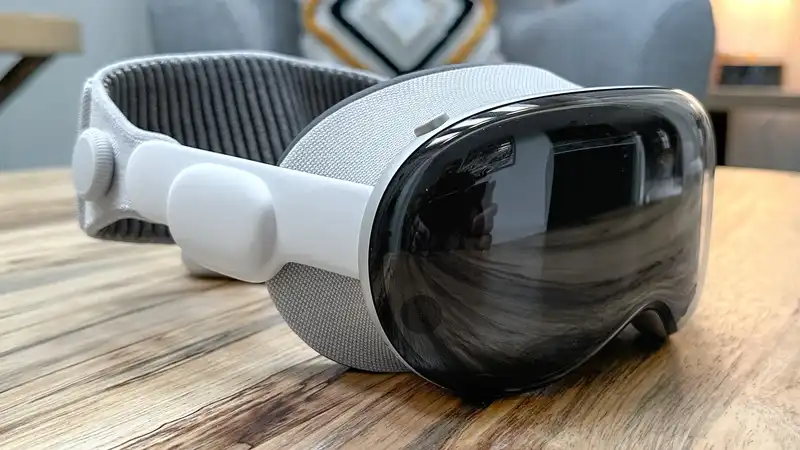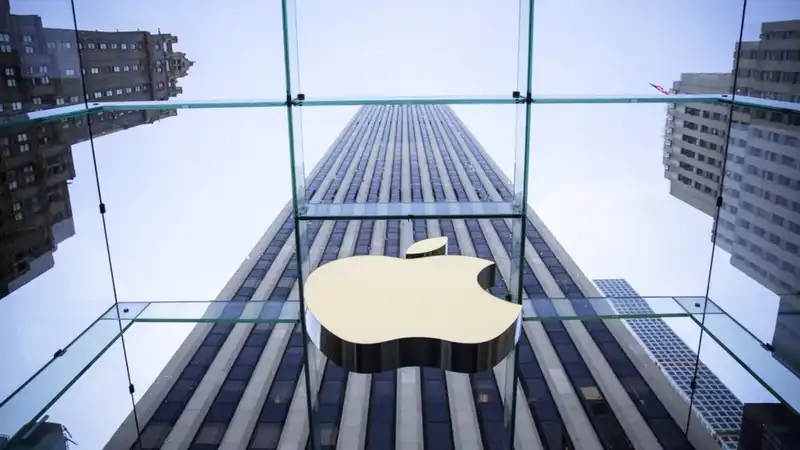One of the advantages of the Apple Silicon (Apple's ARM-based processor found in the new M1 MacBook and M1 Mac mini) is that it can natively run applications for iOS devices. Of course, the flip side of this is that software originally designed for Macs with Intel processors does not always run well.
Perhaps to compensate for this initial software deficiency, Apple initially used software such as iMazing to allow users to side-load applications so that any iPhone application could run on an Apple Silicon-based Mac and the like. However, according to a new report from 9to5Mac, Apple has now closed this loophole, bringing the new Macs in line with the "walled garden" approach of iOS.
This affects both the current macOS Big Sur 11.1 and the developer version Big Sur 11.2, although the latter's message is more specific. This only affects application installations, so previously sideloaded software will continue to work for now.
To be clear, this does not affect developers who actively want to use iOS software on people's Apple Silicon Macs; developers who are not comfortable with their software running on Macs can simply remove their software from the Mac App Store by apps from the Mac App Store and opt out. The new MacBooks do not have touchscreens, so the experience will always be different. Failure to figure it out before users hit the 1-star review button could damage its reputation elsewhere.
But at least for now, it means that there are no M1 Mac apps for blockbusters like Netflix, Instagram, and Facebook, which once could be properly sideloaded to the computer.
That's unfortunate, but otherwise the launch of the first Apple silicon Mac was a triumph. As we noted in our review of the Apple Mac mini: "In most applications, the Apple M1 chip can compete with Core i3 and Core i5 processors. It is this impressive performance that has Apple reportedly confident about releasing iMac and Mac Pro desktop computers with its own chips in the near future.










Comments